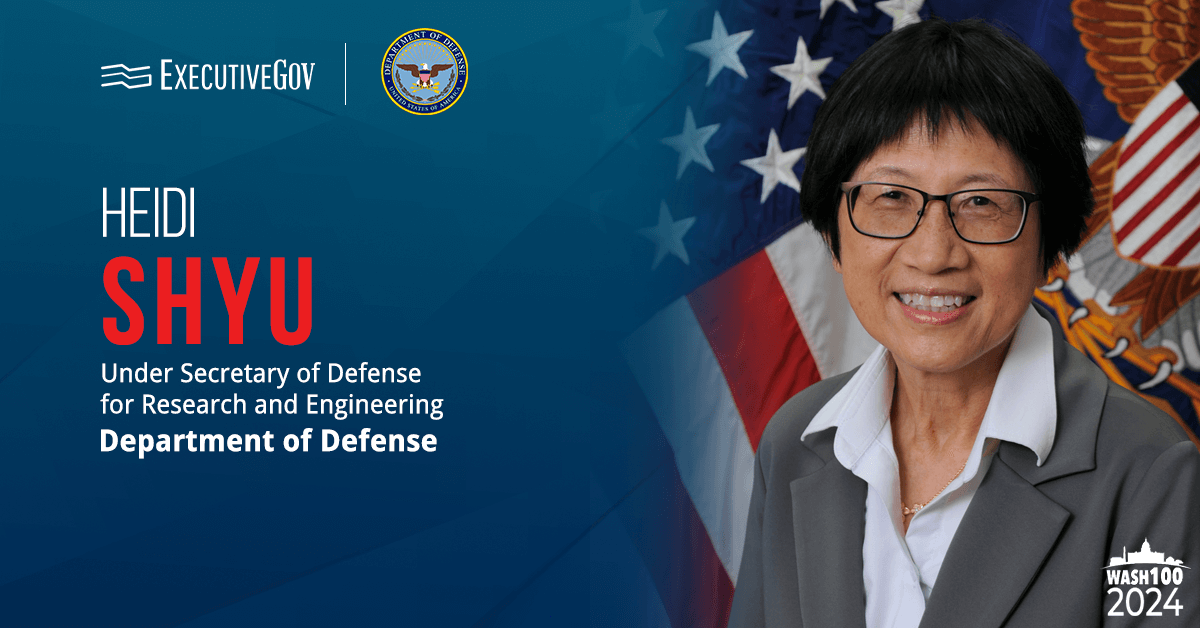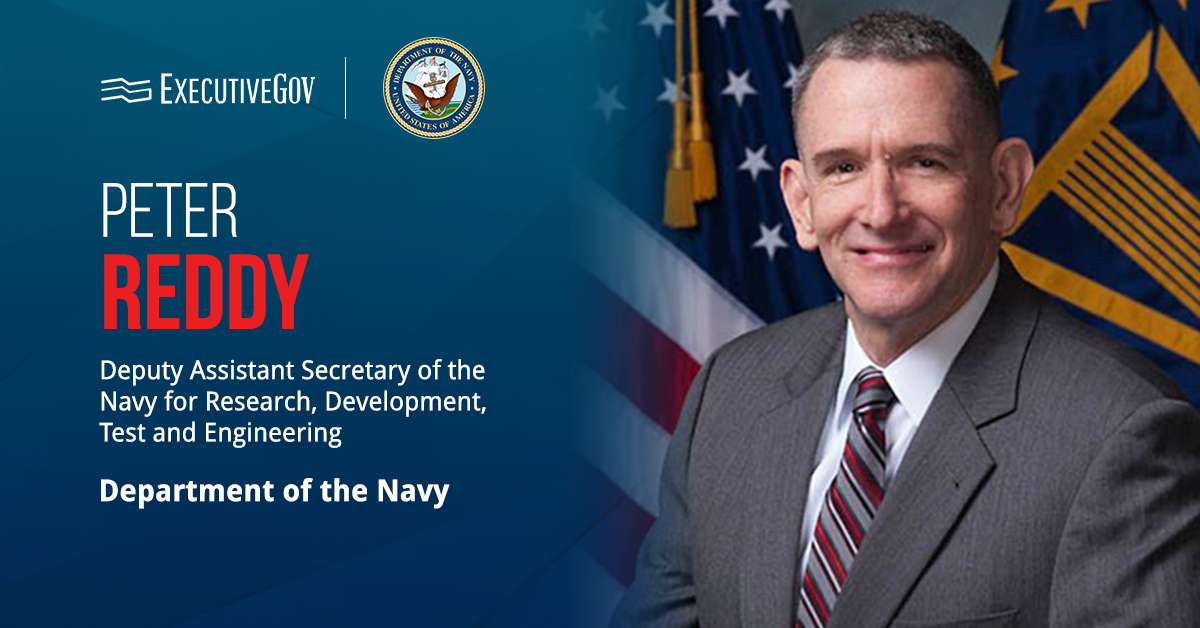The Department of Defense’s Chief Digital and Artificial Intelligence Office and the Defense Innovation Unit have launched a new initiative to accelerate the deployment and adoption of generative AI, “frontier models” and other next-generation AI tools across DOD.
DOD said Wednesday the formation of the AI Rapid Capabilities Cell, or AI RCC, comes as it sunsets Task Force Lima, an initiative within CDAO that developed, evaluated and monitored large language models and other generative AI capabilities across the Pentagon.
Accelerating AI Adoption Across DOD
According to a fact sheet, AI RCC will leverage the findings of Task Force Lima to speed up the deployment of AI-enabled tools across 15 generative AI-related use cases covering warfighting and enterprise management.
Some of the use cases are command and control and decision support, uncrewed and autonomous systems, cyber operations, healthcare information management and procurement processes.
AI RCC will use about $100 million in funding for fiscal years 2024 and 2025 to advance pilot initiatives that use generative AI models in priority use cases.
“We need an all-hands-on-deck approach to accelerate development and deployment of these tools for the Department of Defense to responsibly harness the tremendous promise of AI in everything from financial management to logistics to operations planning to autonomous systems,” said CDAO Radha Plumb.
In June, Plumb signed a memorandum of agreement with DIU Director Doug Beck to accelerate the adoption of AI, analytics, data, software and other digital capabilities.
“Our partnership with CDAO, and collaboration on the Rapid Capabilities Cell, will allow us to shape critical AI initiatives in a way that incorporates the standards, policy, and requirements from the beginning. The result will help us scale the tech faster and more reliably, and will also help change the way the Department thinks about software development and delivery tempo for the future,” Beck stated.











